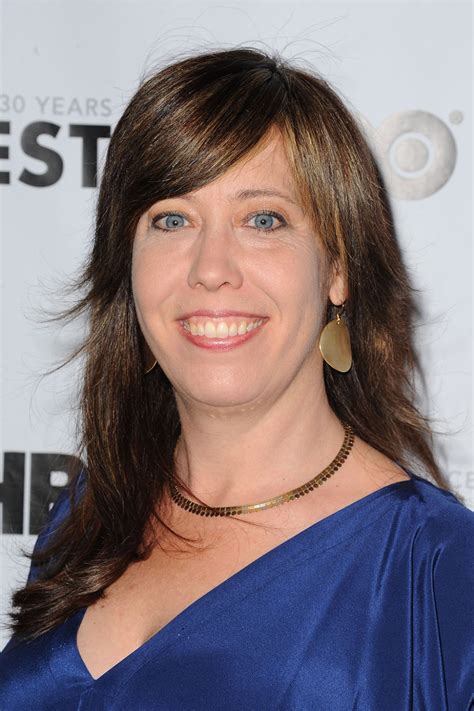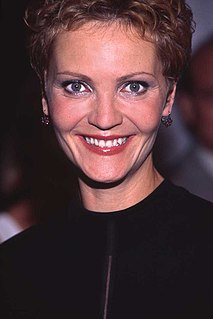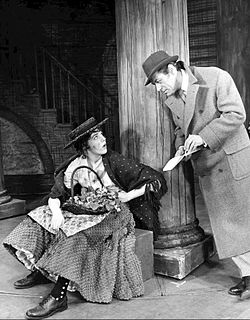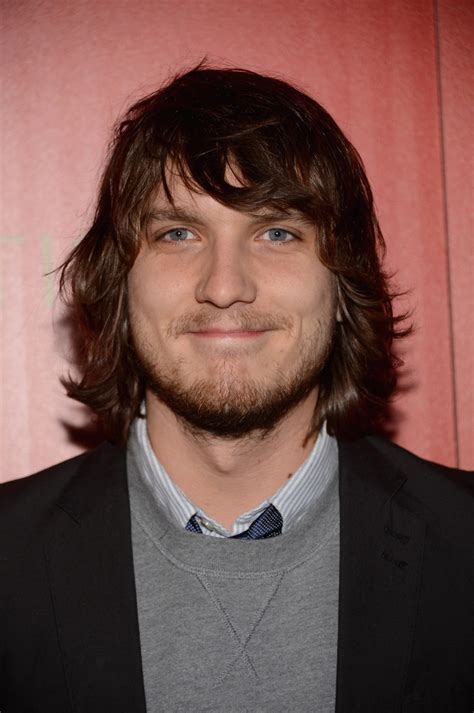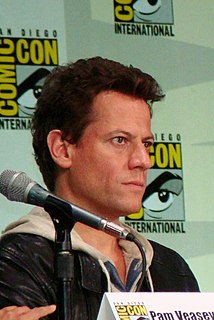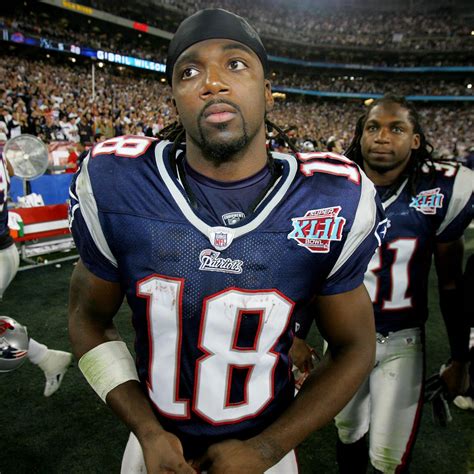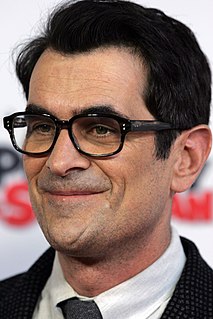A Quote by Ramy Youssef
Representation is actually when the character doesn't have lines, but the camera is lingering on them in their thoughts after something happened, and then we get to see them walk to their car. You really need to follow a character in order to understand what they're going through.
Related Quotes
When you are writing, you have to love all your characters. If you're writing something from a minor character's point of view, you really need to stop and say the purpose of this character isn't to be somebody's sidekick or to come in and put the horse in the stable. The purpose of this character is you're getting a little window into that character's life and that character's day. You have to write them as if they're not a minor character, because they do have their own things going on.
[In comedy] you never want to leave the actors hanging out to dry. So you need to come up with funny individual stories for each character, and then you do this sort of comedy geometry, weaving them together. Once you've got a funny structure and you know why the scenes are funny, then you get super funny people to say your own lines, say their own lines, say things in their own way, and every scene is a live rewrite in front of the camera.
This character matters so much to so many people. I want to get that right. I want to do it justice. I want people to believe in the character and have faith in the character and kids to grow up wanting to be Superman. Or, God forbid, there's people who are going through hardship and wishing that this character would turn up and save them.
In novels you're able to occupy character's internal thoughts and it's really hard to do in a film or a TV show. When you're reading a character's thoughts or when it's in first person, you're reading kind of their own story, so you have the opportunity to see what makes that character complex or complicated. And to me that's what the whole point of fiction is.
When I read something, first I have an instinctual, emotional response to it. But of course, acting isn't only just feeling an instinct for what's going on in the moment with the character. You have to be able to carve it out and consider, follow, and create the whole journey that the character you play is going through.
Sometimes, when actors reach out to their characters, they're nowhere in sight. They need to find something inside of them. And then the characters are right there. As a director, I want them to find the character that's already inside them, instead of trying to manufacture or manipulate or make something up. That's not really honest or true.
My true role is to get actors to understand what the camera is doing and what my intent is so they don't waste their good stuff on over-the-shoulder shots and wide shots. They need to know when we're going in to get something important, so they know to really go for it. No human being can give you 1,000 percent on every single take or shot, so you need to let them know what you're heading for. It's important that the actors know they're being looked after and being recorded in a way so they can do their best.
It's really an organic sort of process. You start off with the character on the page. You fall in love with that character and you have to represent that character well and I think it's just an evolution there. Using the accent and speaking the lines with the accent in fact opens the door to who the character really is.
When you relate to thoughts obsessively, you are actually feeding them because thoughts need your attention to survive. Once you begin to pay attention to them and categorize them, then they become very powerful. You are feeding them energy because you are not seeing them as simple phenomena. If one tries to quiet them down, that is another way of feeding them.
I think whenever you go through something of that nature, you get to see who's really on your side and who's really there for you. That happened in my case. And it really let me understand that no matter how small of a decision you make, it's going to have a subsequent action or reaction, and something that started out very innocent turned into the tragedy that it was.
It's the opposite on a sitcom. People crave the character to not learn from their mistakes. They want to just see the situation, and then see how that character is going to react to that particular chaotic catastrophe. That's just my take on it, anyway. I don't really get too hung up on what the future of the show is.


